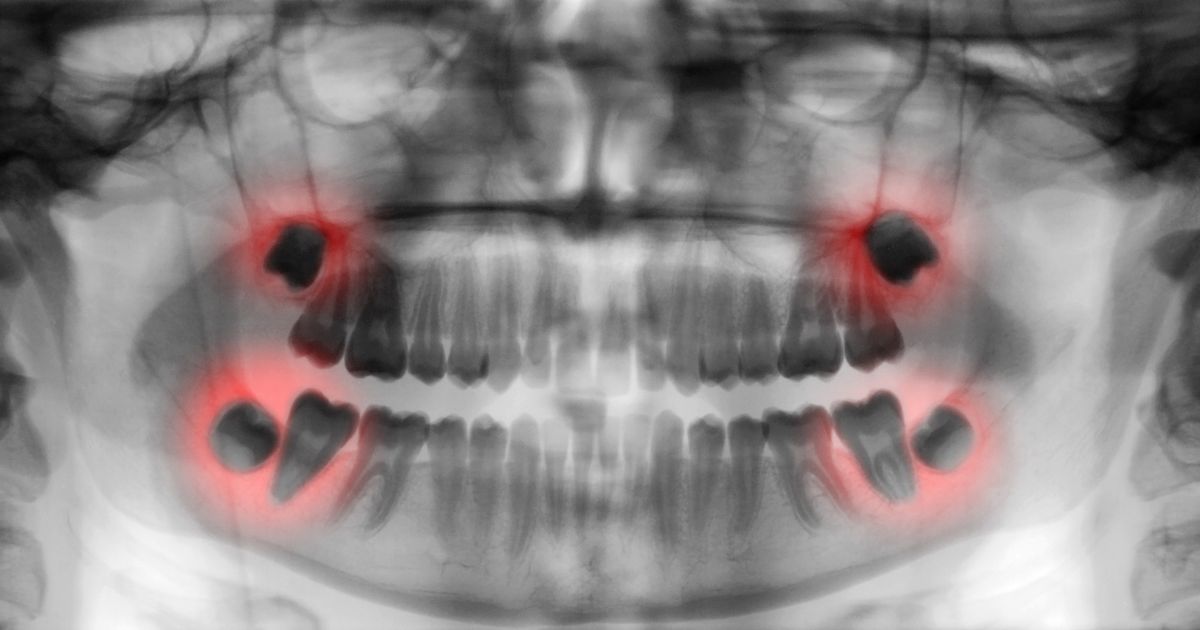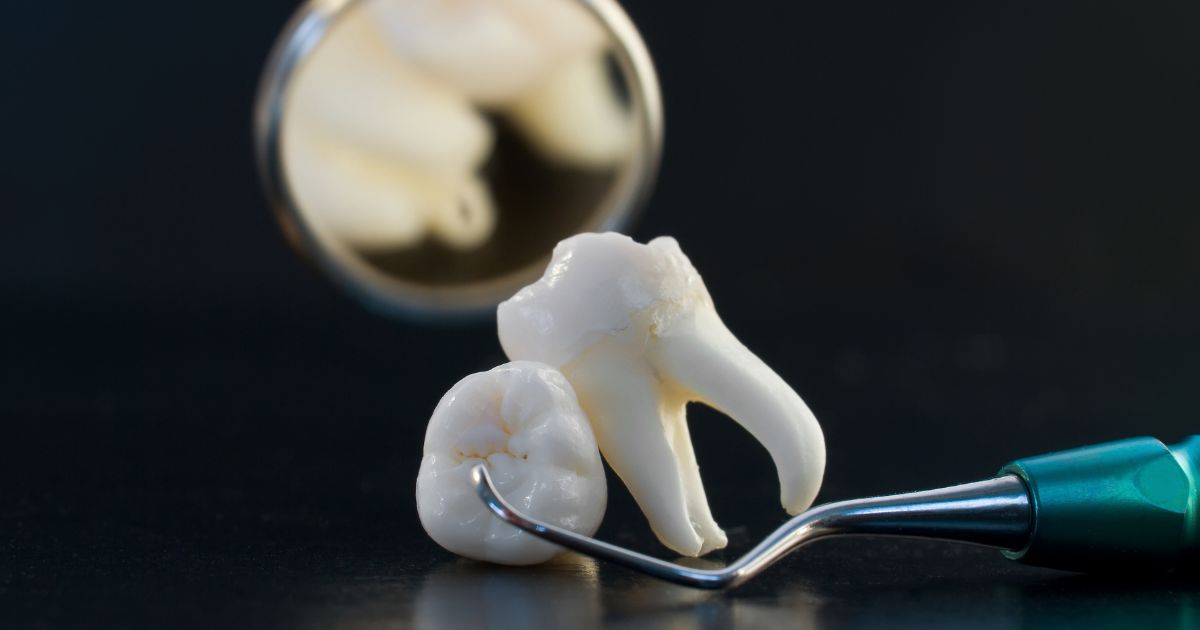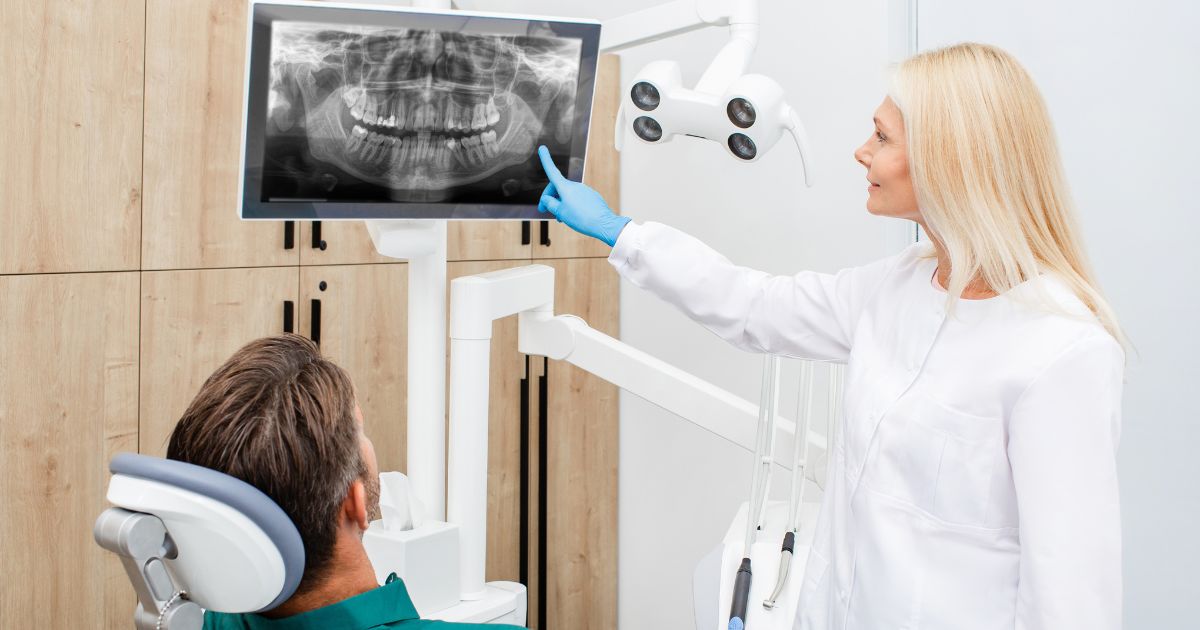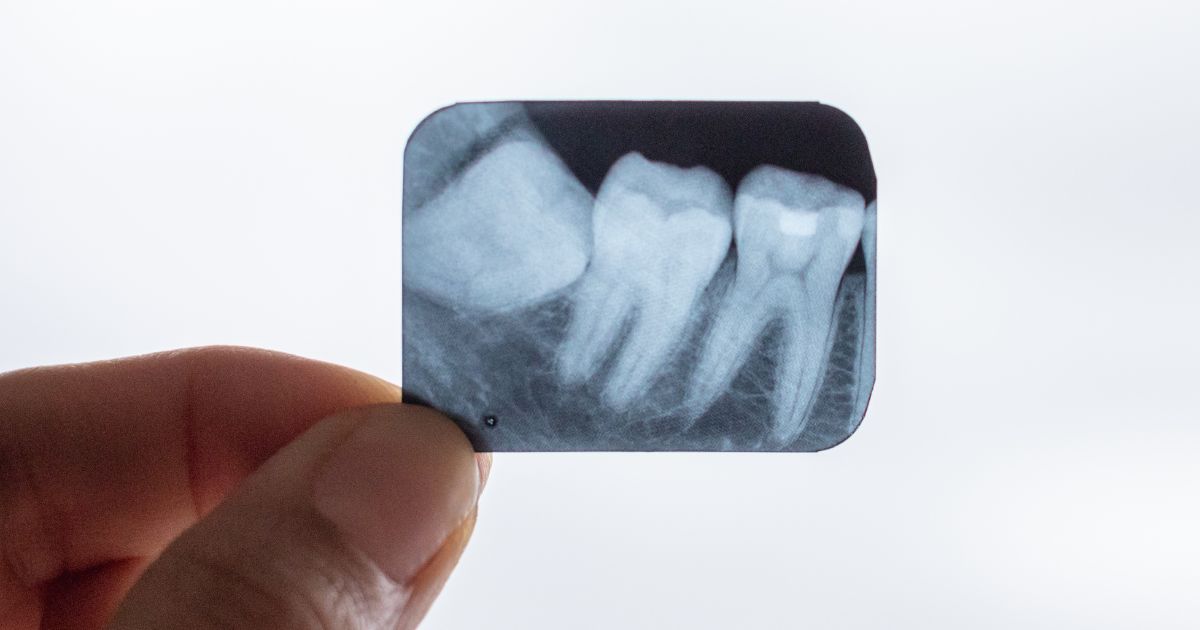Wisdom teeth are the common name for the third molars, and impacted wisdom teeth are partially or fully trapped in the gums or jawbone. Around 90 percent of the population has at least one impacted wisdom tooth; some people do not even realize they have wisdom teeth because they have not erupted yet. Wisdom teeth can cause various problems even under the surface, so surgical removal is often recommended. Common Problems Caused by Impacted Wisdom Teeth Cavities occur when impacted[…] Read More
Do Impacted Wisdom Teeth Need to Be Removed?






